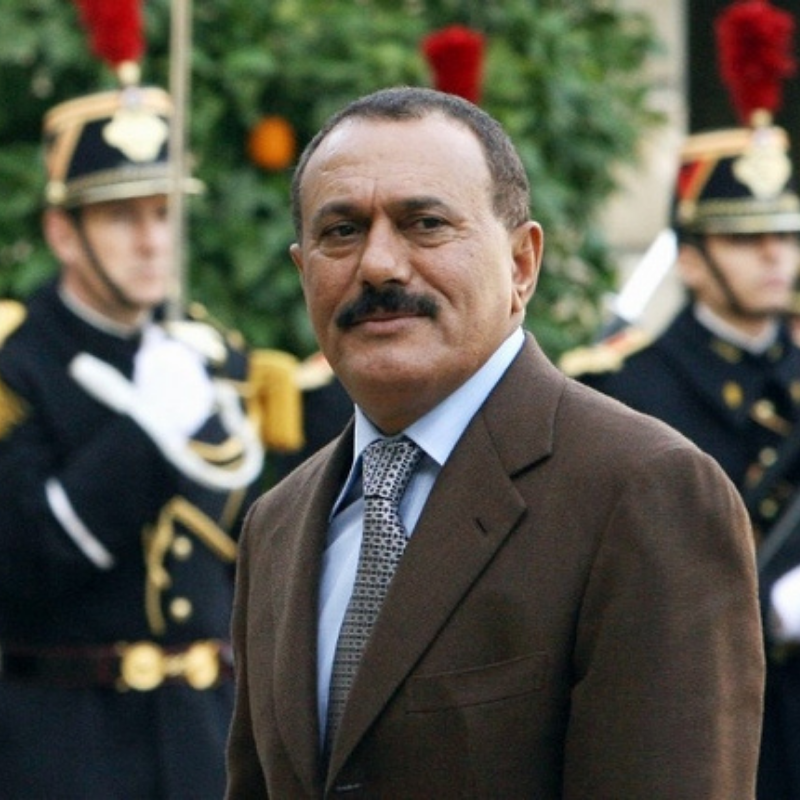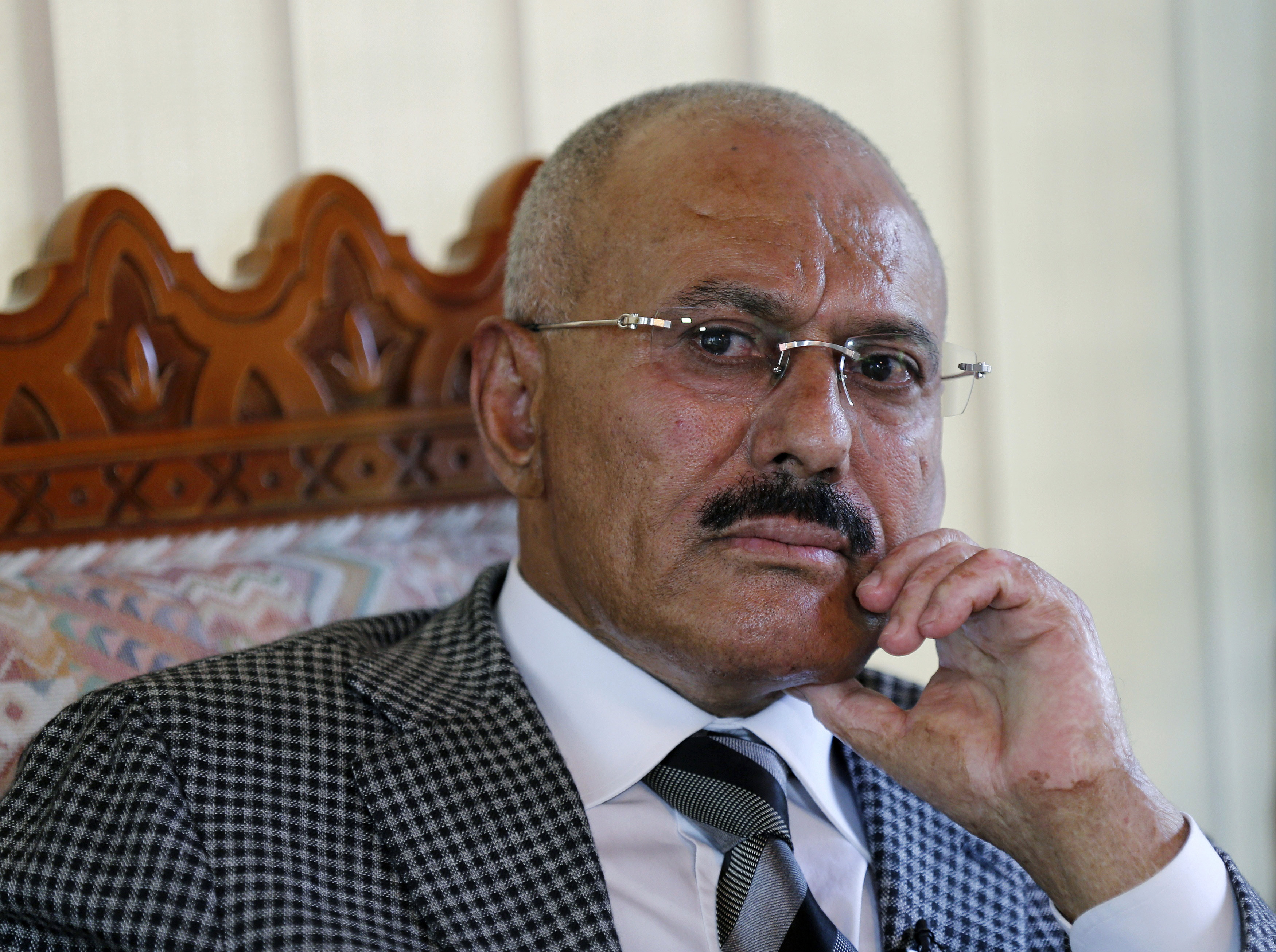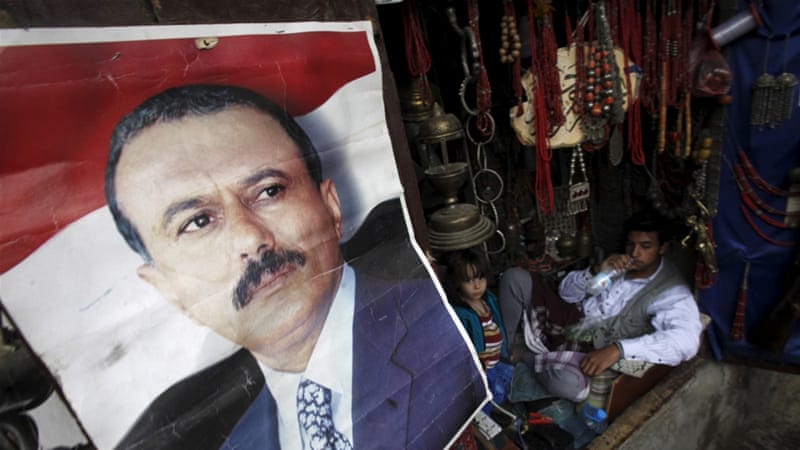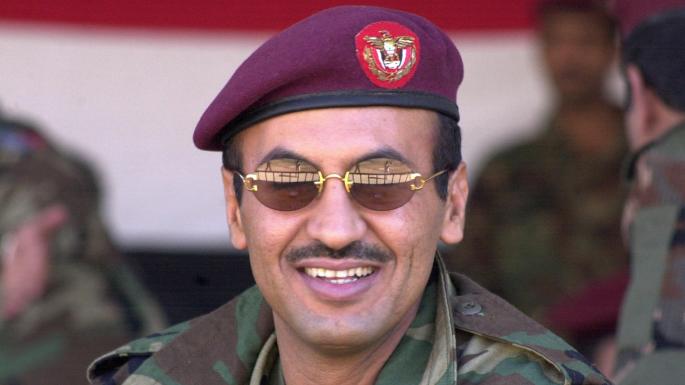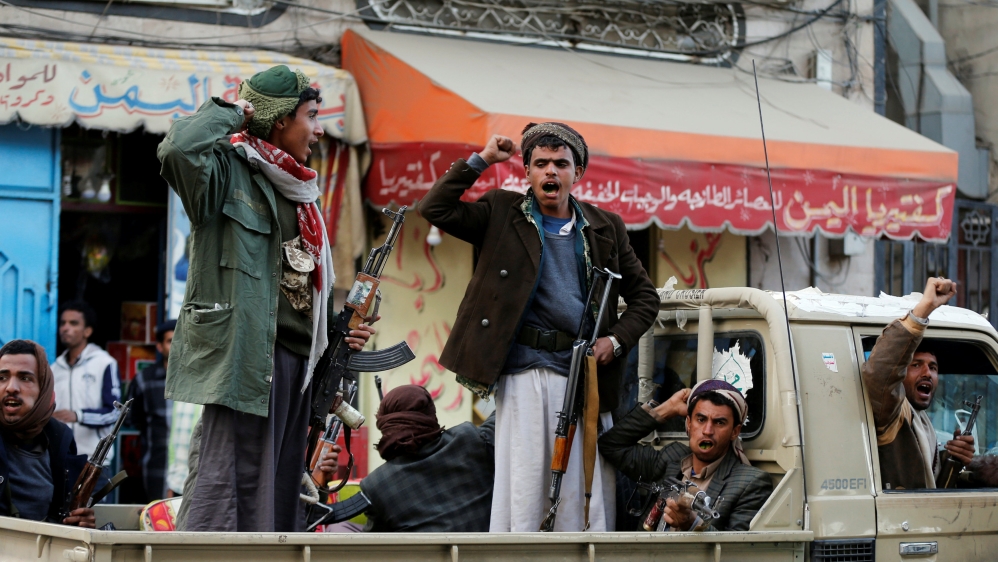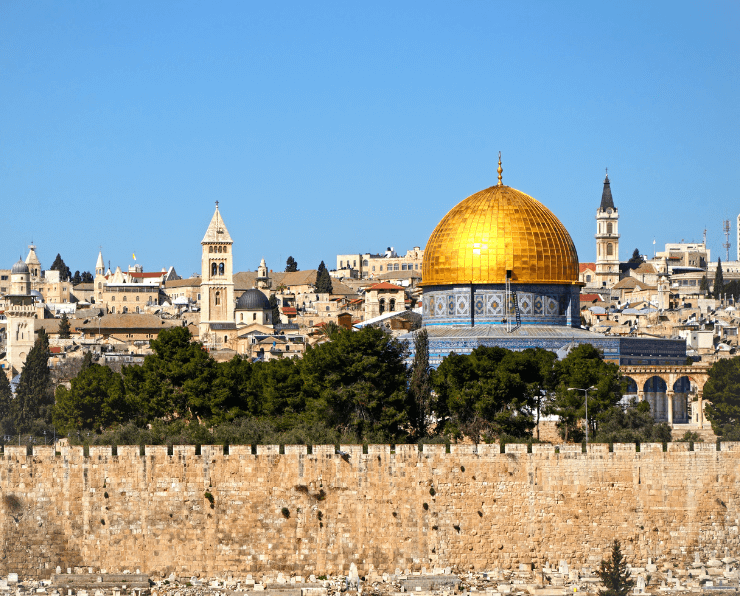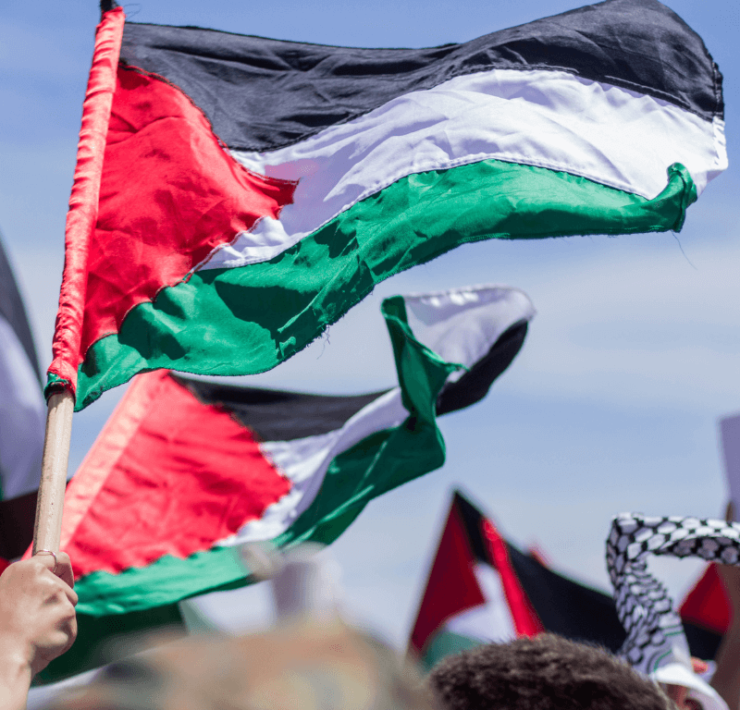Today marks the 7th anniversary of the beginning of the Yemeni uprising that unseated the country’s President, Ali Abdullah Saleh. Saleh craftily played tribes, Islamist groups and foreign governments off against one another throughout his 33-year rule and he continued to do so after he was ousted from power in 2011.
But his most recent power-play, an alliance with the northern Houthi insurgent group, which he previously fought six wars against, turned out to be too much of a gamble. He was shot dead by the group in December, marking the end of an era in Yemeni politics.
Some might be sceptical at the suggestion that the death of one man – who was ousted from power by a popular uprising seven years ago – could have a definitive impact on the future of a country. But those people don’t know Yemen, and they certainly don’t know Saleh.
 “He was a professional Machiavelli, fluent in all forms for political manoeuvring.” – Jamal Khashoggi (image: newskoop.com)
“He was a professional Machiavelli, fluent in all forms for political manoeuvring.” – Jamal Khashoggi (image: newskoop.com)
Dancing on the heads of snakes
Ali Abdullah Saleh was a former military officer who became the president of North Yemen in 1978 and oversaw the reunification of North and South Yemen in 1990. Over the years, he crafted a reputation for himself as the only man who could really control the country, describing ruling Yemen as “dancing on the heads of snakes”.
He pursued a ruthless divide and rule strategy, positioning himself always as the mediator of conflicts and provider of security. He created vast networks of patronage that penetrated the government, the military and Yemen’s complex tribal system, financially rewarding political actors and tribal leaders for their loyalty. He practiced textbook protection racket politics, creating threats in order to shore up his support and legitimacy.
A notorious example is the way he consciously allowed Yemen to become a “safe haven” for Islamist groups like Al Qaeda in the Arabian Peninsula (AQAP), in an effort to keep “counter-extremism” aid dollars flowing into Yemen from the West.
 “A combination of the Godfather and George Carlin, he was corrupt, often ruthless, an autocrat with a fierce desire to hold on to power.” – Nabeel Khoury (image: Al Jazeera)
“A combination of the Godfather and George Carlin, he was corrupt, often ruthless, an autocrat with a fierce desire to hold on to power.” – Nabeel Khoury (image: Al Jazeera)
Over time, resentment towards Saleh began to rise: economic and social problems grew worse and worse. Ordinary Yemenis became disillusioned with their tribal sheikhs who were living it large in the capital, Sana’a, on funds intended to develop their home towns. The citizens of Yemen’s few oil-rich areas became frustrated that they never saw a penny from the “black gold” their land produced. Meanwhile, Southerners became increasingly agitated that the country’s unification process had unfairly favoured the tribes of the north, including Saleh’s own tribe.
Saleh ruled with an iron fist, repressing opposition where possible and paying them off where not. But in 2011, everything changed. Yemenis, empowered by the so-called Arab Spring sweeping the Middle East, took to the streets to demand an end to 33 years of tyranny under Saleh, who by that point appeared to be grooming his son to take over.
 Saleh’s son, Ahmed, who many believe was being groomed to take over from his father (image: The Times)
Saleh’s son, Ahmed, who many believe was being groomed to take over from his father (image: The Times)
An unusual alliance
Saleh resigned after nine months of protests and a bomb attack on the Presidential Palace that left him injured, and an interim President, Abd Rabbuh Mansour Hadi, was appointed. But what many failed to recognise at the time was that what Saleh left behind was not a functioning state apparatus, rather a complex web of networks of power and influence that only he knew how to manage. The new President, already facing a legitimacy crisis in the northern parts of the country loyal to Saleh, never stood a chance.
Almost unsurprisingly, in the summer of 2014 a new threat emerged: Houthi militants from the north-western province of Saadah, who had waged an insurgency against the government in the early 2000s, stormed government buildings in Sana’a, declaring a coup. I say almost, because the Houthis had never really been seen as an existential threat to the state before. But this time, they had help.
Ali Abdullah Saleh put his comfortable $60bn retirement on hold and mobilised the forces still loyal to him, including elements within the army and his political party, the General People’s Congress (GPC), to support the Houthis.
It was a textbook play by Saleh, or so he thought. The Houthis were his ticket back into power. He would use the threat of this anti-US, anti-Israel Islamist movement with suspicious ties to Iran to show the country and its neighbours that their democratic experiment had failed. He would remind them that he was the only person truly capable of maintaining order in Yemen.
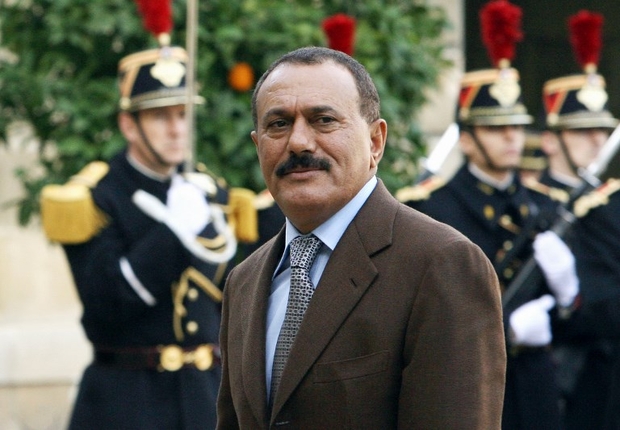 “Saleh will be remembered as the man who shaped modern Yemen in his own image, but who was more willing to burn the country to the ground that relinquish power.” – Peter Salisbury (image: Middle East Eye)
“Saleh will be remembered as the man who shaped modern Yemen in his own image, but who was more willing to burn the country to the ground that relinquish power.” – Peter Salisbury (image: Middle East Eye)
The beginning of the end
But this time, both sides called his bluff. Saudi Arabia and its coalition of allies waged a brutal bombing campaign against Houthi/Saleh controlled areas, killing and injuring thousands of Yemenis. The subsequent fighting has given rise to possibly the worst humanitarian crisis in the world today. A stalemate was soon reached, and in December 2017 Saleh made his move.
Tensions had been rising between the Houthis and the GPC for months, with outbursts of fighting breaking out between the two sides in Sana’a. But when Saleh announced he was willing to seek dialogue with the Saudis and their allies, the Houthis knew he was shifting sides. They shot him dead during an attempt to flee the capital, ending the life of the most important and influential man in Yemen in the last forty years.
 The Houthi militant group had previously fought six war’s against Saleh’s government (image: Al Jazeera)
The Houthi militant group had previously fought six war’s against Saleh’s government (image: Al Jazeera)
It is impossible to say what would have happened had he lived; whether he would have struck a deal with the Saudi coalition and betrayed the Houthis for a piece of Yemen’s future, or whether the Saudis would have sensed an opportunity to side-line him once and for all. His death signals a turning point in the current war and presents a crossroads for the parties involved.
The snakes are out of the bag
In the short term at least, fighting between the Houthis and forces loyal to Saleh has died down in the capital. The Houthis are emboldened, at least initially. They have virtual control over the capital and have rid themselves of an unreliable ally. But without Saleh, they will no longer be able to count on the support of powerful forces in the North that they rely on for legitimacy. Meanwhile the Saudi-led coalition continues to close in.
But Yemen is exhausted by war. In a country where a child dies a preventable death every ten minutes, the need for dialogue and a political solution has never been more evident. Having Saleh out of the picture could be an opportunity for a power sharing agreement to be reached between the Houthis and those who supported a new government under Hadi (though Hadi himself has very little legitimacy left, having lived out much of the war and his “Presidency” in Saudi Arabia).
This will only be possible if the Saudi-led coalition stops its airstrikes and Iran stops its support for the Houthis, which is in itself a dilemma: The ever-intensifying rivalry between the Iranians and the Saudis makes it unlikely that either side will be willing to back down first. Both have shown their commitment to pursuing heavy-handed strategies to spread their influence in the region, whatever the financial and humanitarian cost.
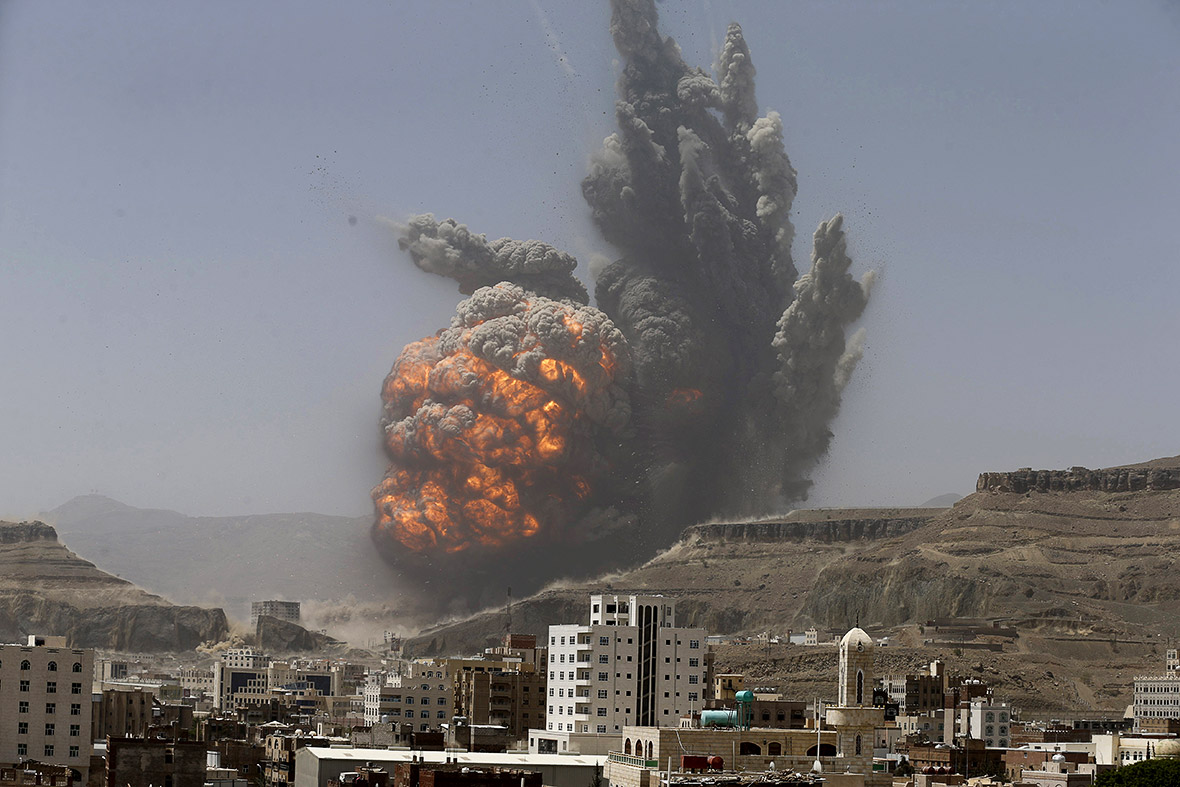 The Saudi-led coalition has been accused of committing war crimes in Yemen, where its airstrikes have targeted schools, hospitals and funerals (image: IB Times)
The Saudi-led coalition has been accused of committing war crimes in Yemen, where its airstrikes have targeted schools, hospitals and funerals (image: IB Times)
A new chapter in Yemen’s war is beginning and, as usual, ordinary Yemenis continue to suffer while foreign powers hold all the cards. But this time, the snakes have been left to dance on their own.
If you found this interesting, you might also like:
Mohammed bin Salman: 5 things you need to know about the most powerful man in Saudi Arabia
Iran’s city of lies: Extraordinary stories of love, sex and death in Tehran
The Qatar Spat: The Crack in the GCC’s Armour
Cover image: The Economist

